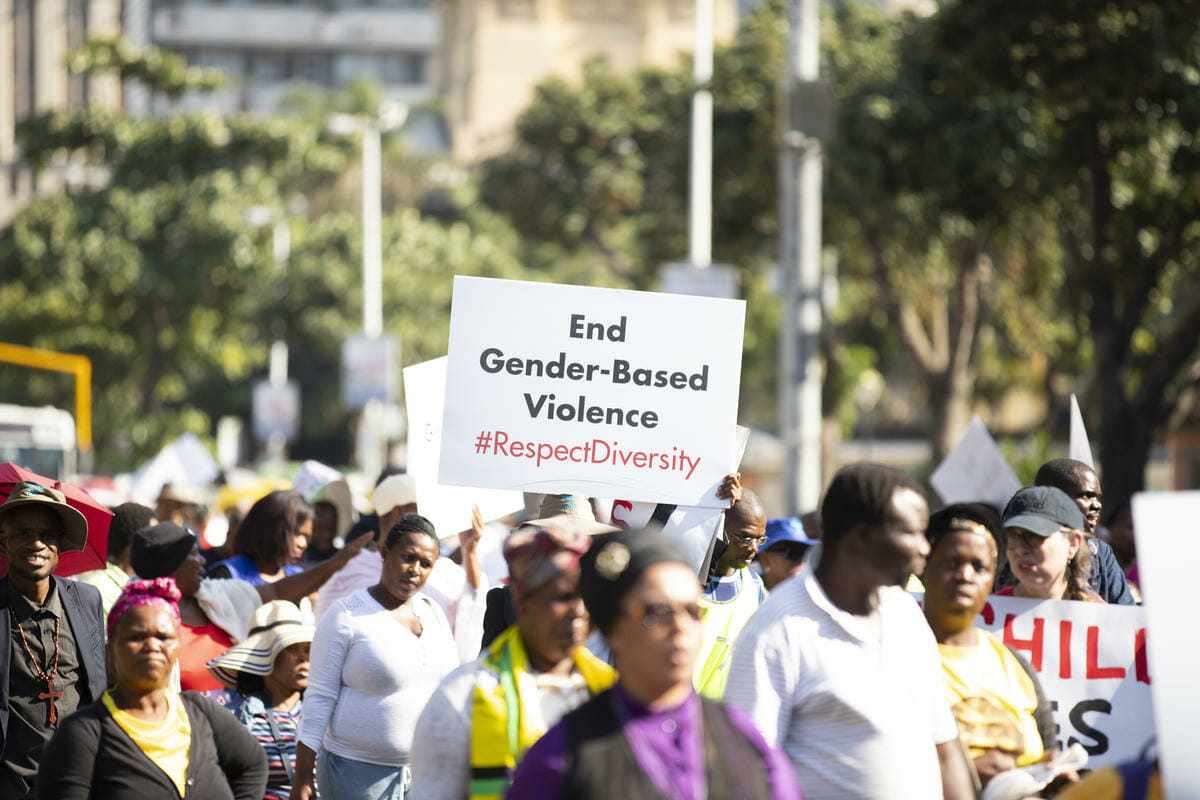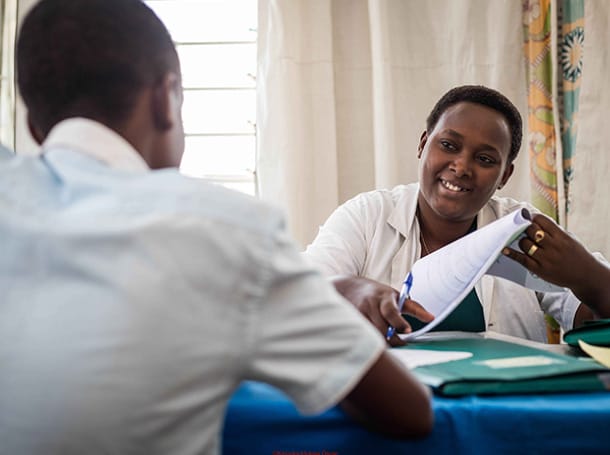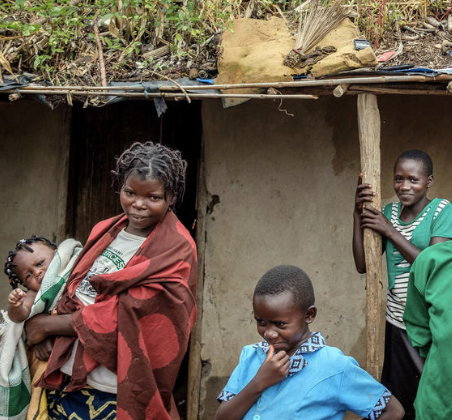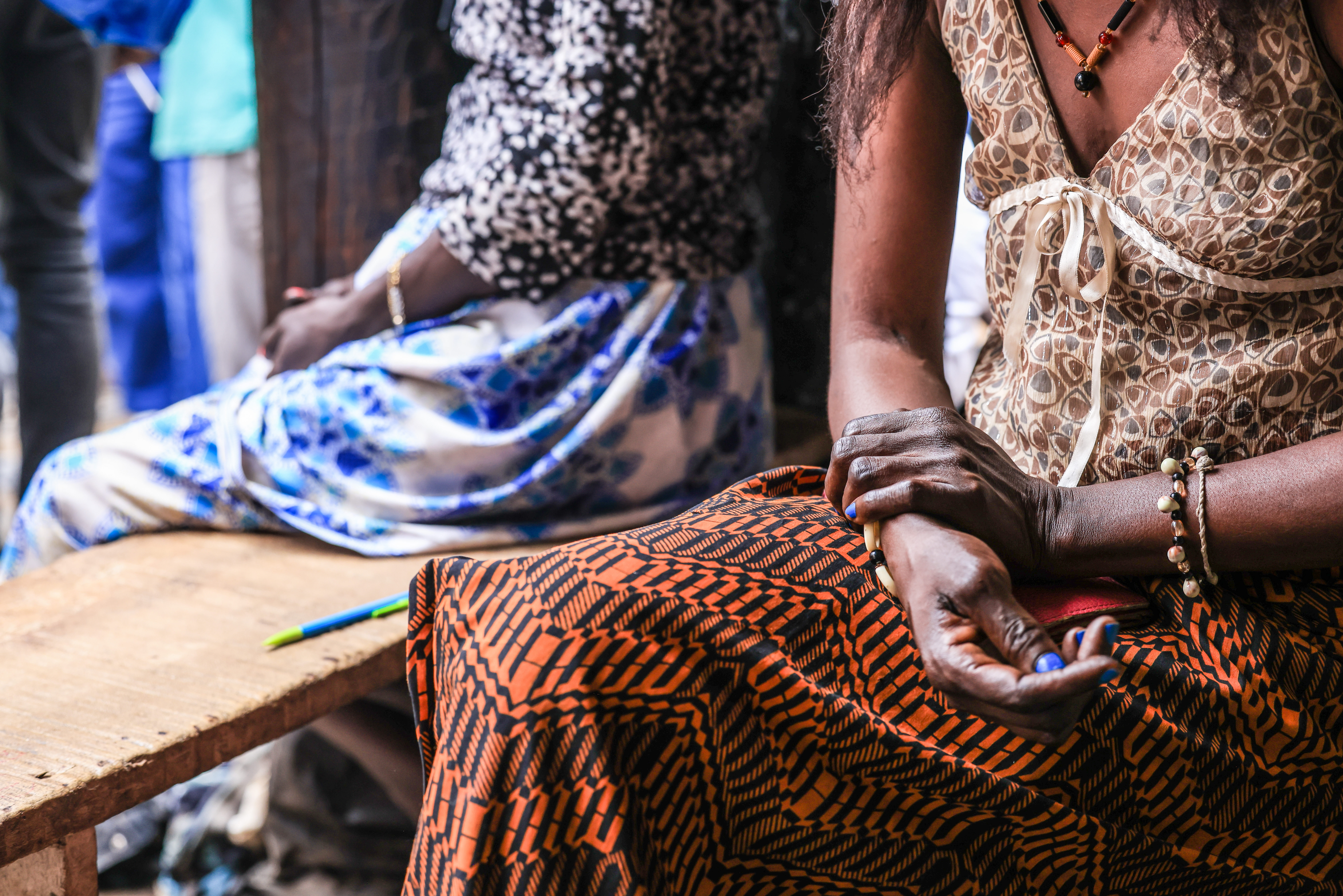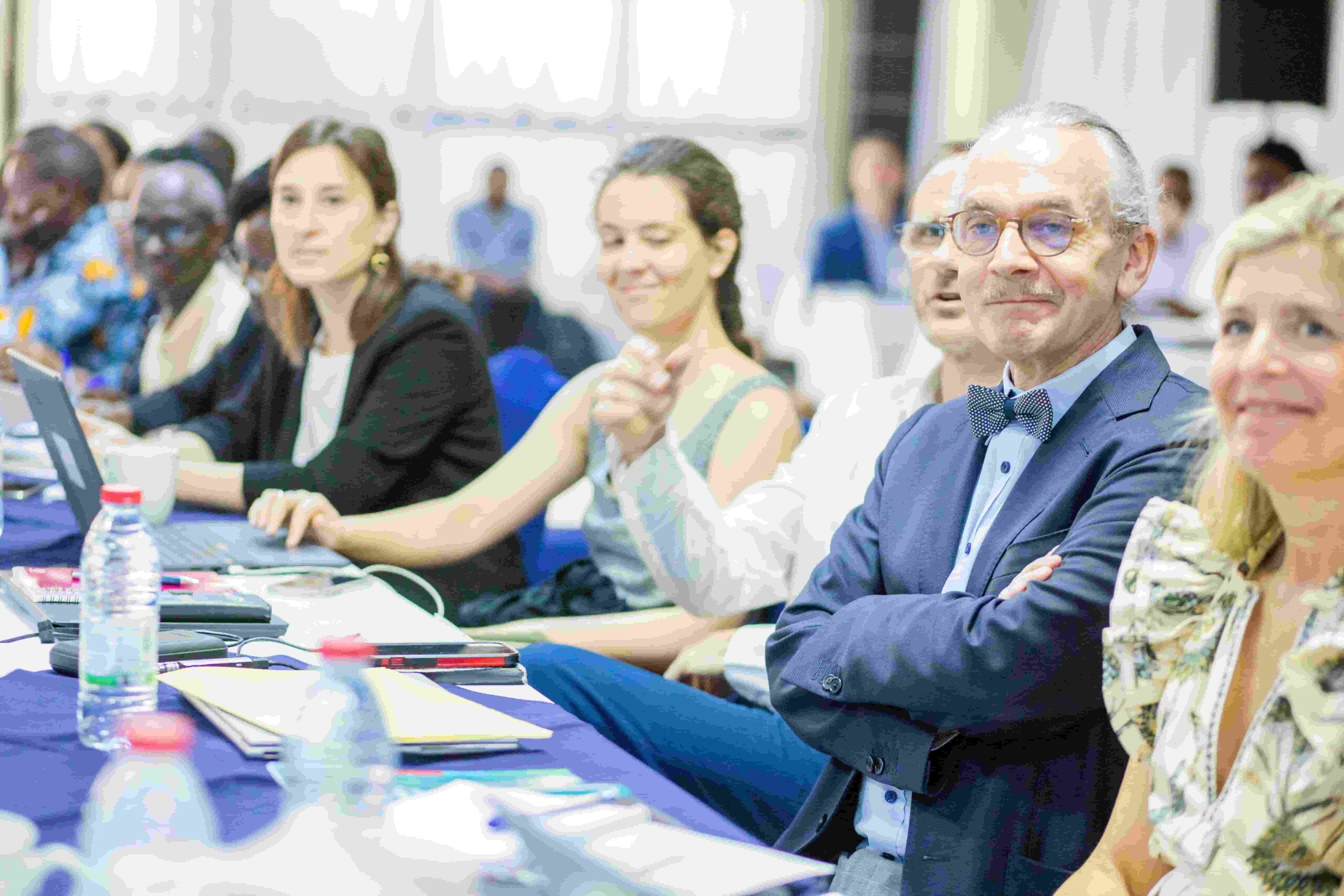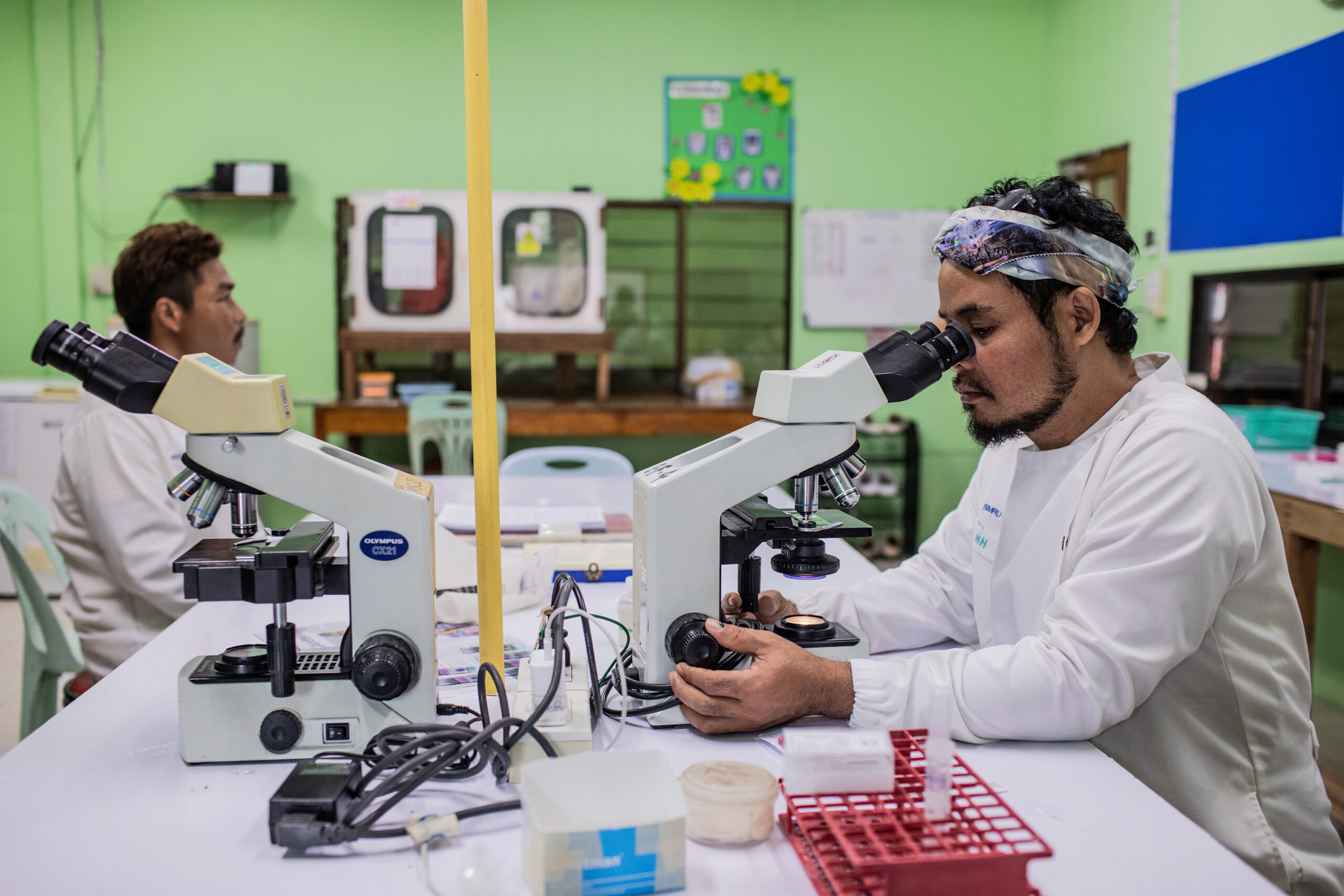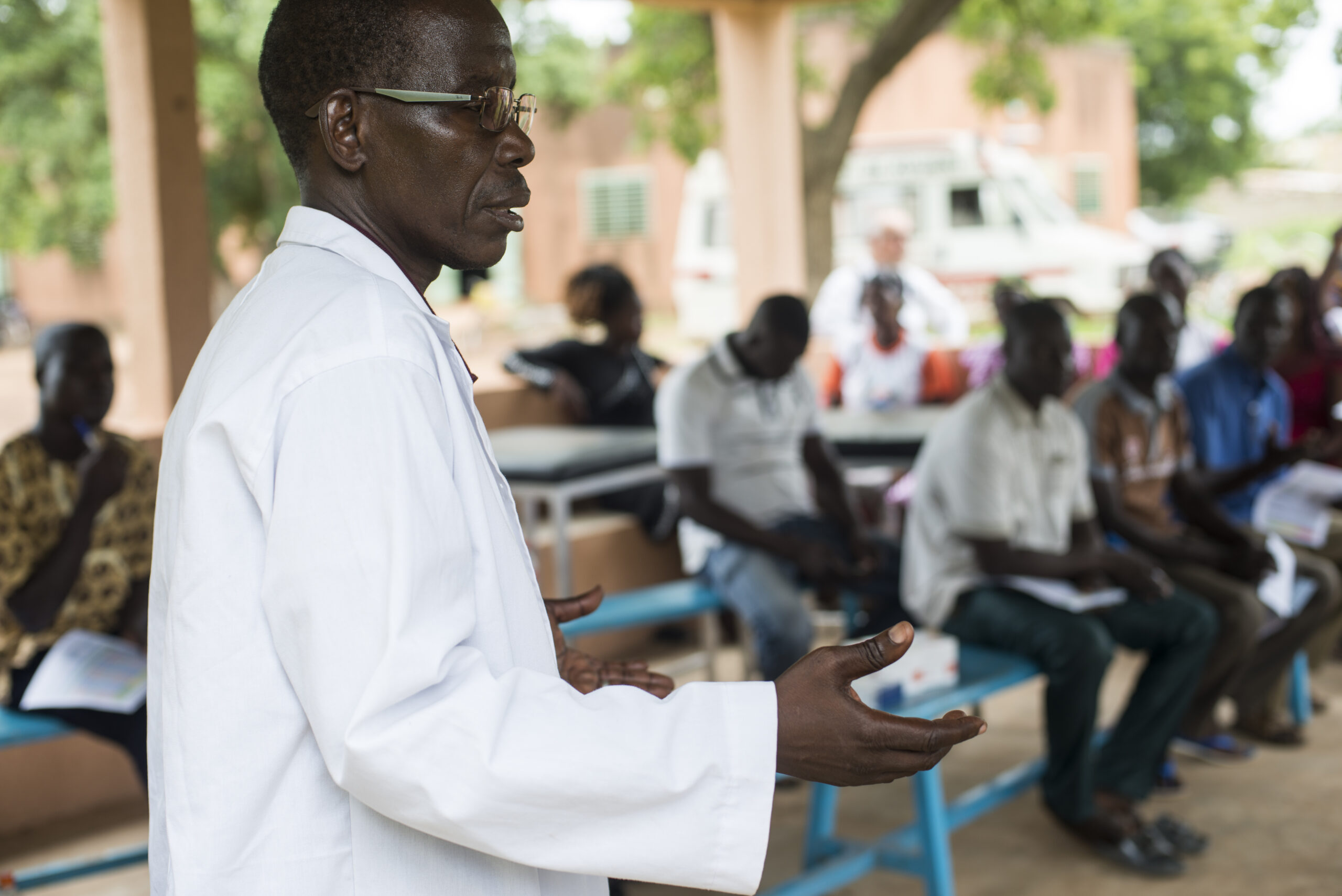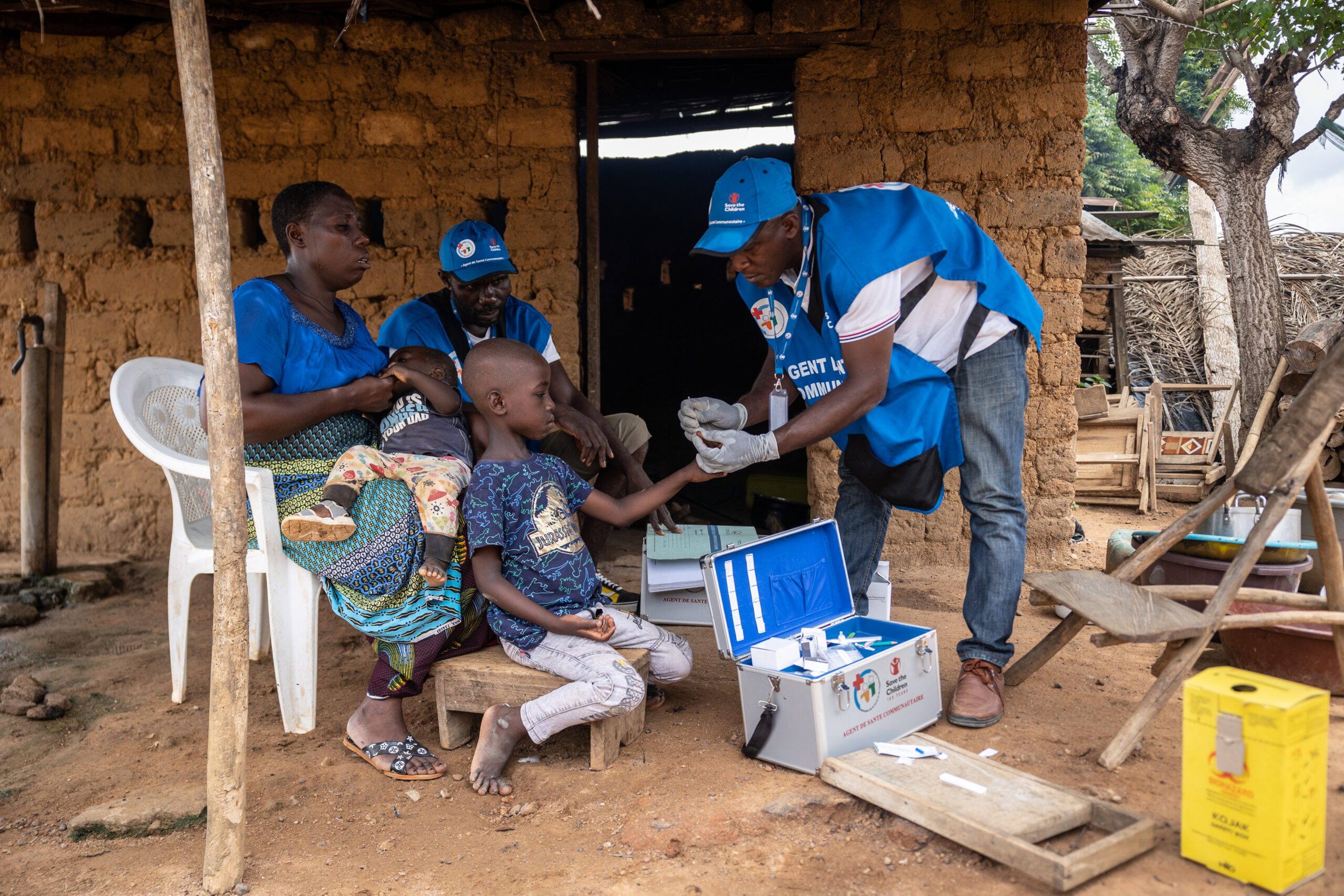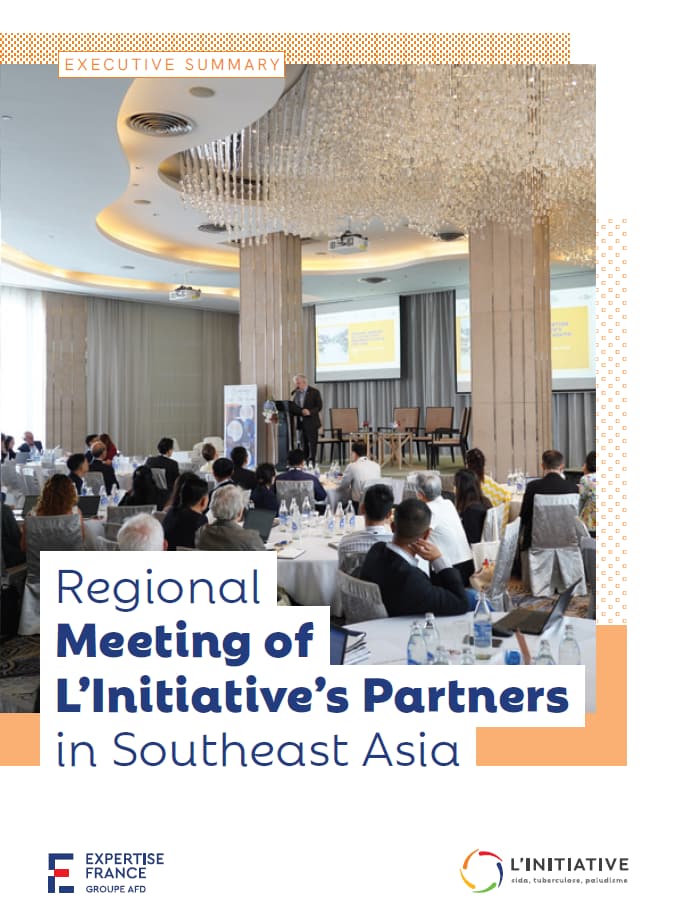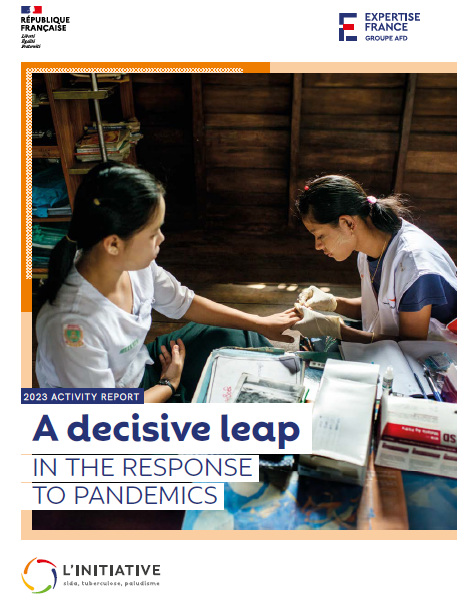What is the role of the community, rights and gender (CRG) strategic initiative within the Global Fund?
Annabelle Metzner. CRG SI supports the engagement of key and vulnerable populations in the response to HIV, tuberculosis, and malaria throughout the grant cycle. These key and vulnerable populations are men who have sex with men, sex workers, people who use drugs, people living with HIV, transgender people, people in prisons and detention centers, migrants, and adolescent girls and young women. These groups are socially marginalized and sometimes criminalized and often experience violations of their human rights, which increases their vulnerability. These are the groups most affected by the three diseases.
Gavin Reid. Community leadership and their participation in the governance, implementation, and oversight of programs supported by the Global Fund are essential to achieve a lasting impact against the three diseases. Including communities in programs makes it possible to provide a response more in line with their needs that takes into account human rights issues, as well as the gender and age of population groups. CRG SI has three complementary ways of achieving this: technical assistance by and for communities, support for networks and organizations of key and vulnerable populations, and six regional platforms.
What is the specific role of these regional platforms?
G. R. These regional platforms strengthen communities’ knowledge of Global Fund procedures. They cover countries eligible for Global Fund grants in six regions: APCASO for the Asia and Pacific region, ITPC-MENA in North Africa and the Middle East, EANNASO for English-speaking Africa, RAME for French-speaking Africa, EHRA for Eastern Europe and Central Asia, and Via Libre for Latin America and the Caribbean. They also enable better access to technical assistance, including that provided by L’Initiative. Their work will be further strengthened by the end of 2023 through the production of new tools, such as newsletters, webinars, and regional studies and workshops. They also work collaboratively with L’Initiative: in May 2021, a webinar was organized jointly by ITPC-MENA and L’Initiative to present the different types of technical assistance provided to civil society and community representatives in the region.
How did the CRG initiative support civil society and community engagement in this process?
A.M. An internal Global Fund survey carried out on the first C19RM round showed that 24% of civil society representatives in Country Coordinating Mechanisms (CCMs) did not obtain information relating to this process in time to submit their requests. In addition, 51% said their priorities were not taken into account in these grants. The Global Fund has, therefore, worked to include civil society and communities more meaningfully in the launch of the second C19RM round in April 2021. This process relied on the strategic initiative’s infrastructure and partners, i.e., 26 technical assistance providers and 13 networks of key and vulnerable populations in addition to the six regional platforms mentioned previously.
G. R. Various resources were then rapidly put together in several languages by our partners. In May and June 2021, short-term technical assistance was also made available to civil society and communities to do a rapid needs assessment or to organize community consultations to be able to influence requests submitted by CCMs. In addition, the key population networks and the six regional platforms provided strategic support at the national level to help communities identify their priorities in the context of C19RM funding requests.
How does the CRG collaborate with L’Initiative?
G.R. L’Initiative is an active member of the CRG SI coordination body, as well as GIZ BACKUP Health, UNAIDS, Stop TB Partnership, Roll Back Malaria, WHO, the Communities Delegation to the Global Fund Board, and various stakeholders from the Global Fund Secretariat. L’Initiative is an important partner in our work, particularly in terms of providing technical assistance to civil society and communities.
A.M. Just to add that since January 2021, L’Initiative has contributed to monthly monitoring of technical assistance provided to civil society and community organizations by the partners mentioned. Monitoring has been put in place to better identify the gaps and coordinate the request. So far, this has made it possible to coordinate monitoring of, and compile information on, 150 technical assistance assignments implemented by 30 service providers.
